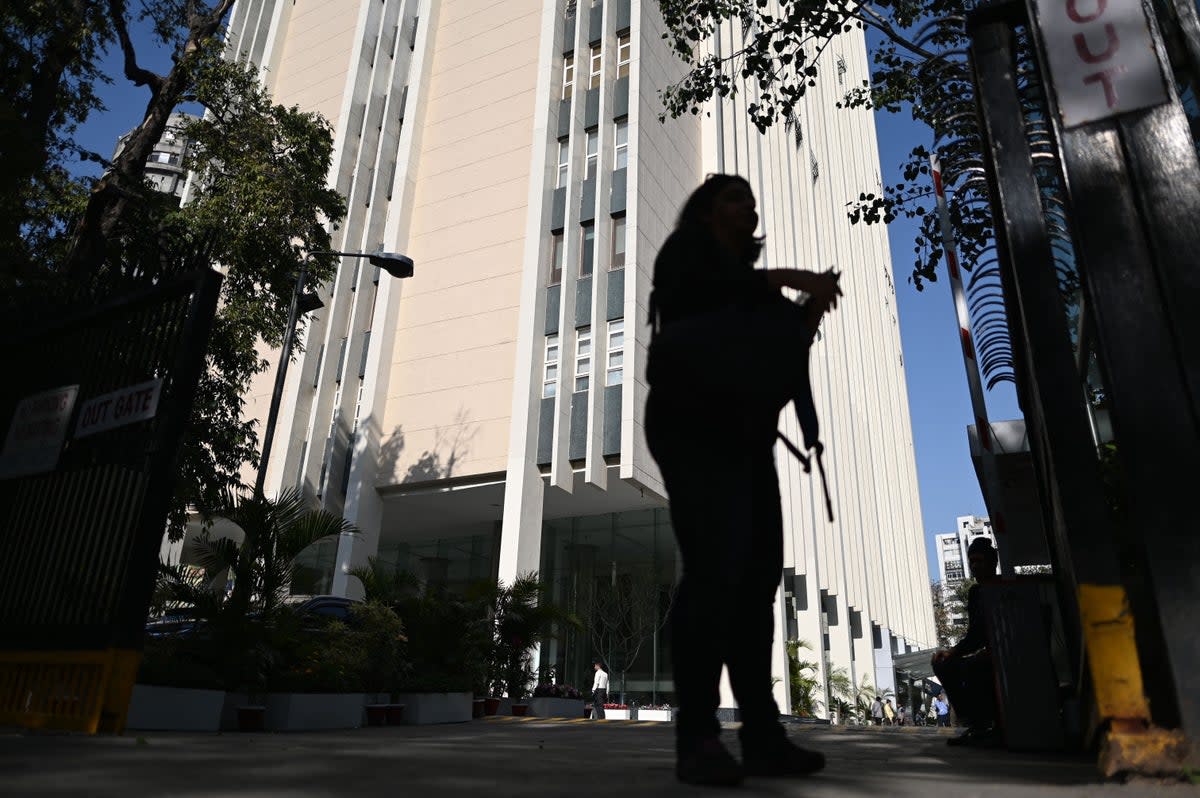BBC India forced to restructure operations over media ownership rules

The BBC is being forced to restructure its operations in India after it was investigated over the country’s foreign investment rules.
The broadcaster announced on Tuesday that four members of its India staff will launch a new external company to provide its coverage in six local languages, as commissioned by the BBC.
The new company will be called Collective Newsroom, and will produce six Indian language services as well as digital coverage of India and the BBC India YouTube channel in English for audiences globally, the broadcaster said in a press release.
“Activity for BBC Monitoring and the BBC’s English language newsgathering operation for global output will remain with the BBC,” it said.
The BBC’s Indian language services are currently provided by BBC World Service India, which is wholly owned by the BBC. Yet under new regulatory requirements introduced in 2020, foreign funding for digital news companies based in India was capped at 26 per cent.
In earlier regulatory filings, BBC World Service India reported that it had received a letter from the Indian government in late March, relating to alleged non-compliance with the country’s foreign investment regulations.
The company sought a year to meet with the rules, and shared its restructuring proposal with the authorities, reported The Economic Times.
The restructuring comes almost 10 months after India’s income tax officials raided BBC India offices in Delhi and Mumbai, leading to further investigation by India’s financial crimes agency, the Directorate of Enforcement.
What the government described as “surveys” came just weeks after the BBC aired a documentary on the 2002 Gujarat riots that angered the Indian government. It featured an assessment from the UK government of the time that said prime minister Narendra Modi was “directly responsible” for the circumstances leading up to violence in which more than 1,000 people – many of them Muslims – were killed.
Last year India’s Supreme Court cleared Mr Modi of wrongdoing over the riots, with previous investigations finding there was insufficient evidence to prosecute him over allegations that he ordered police to step aside and let the riots play out.
The BBC has defended its production and said it adheres to the highest editorial standards. It also said that it was cooperating with government agencies in the investigations into its tax affairs.

 Yahoo News
Yahoo News 
